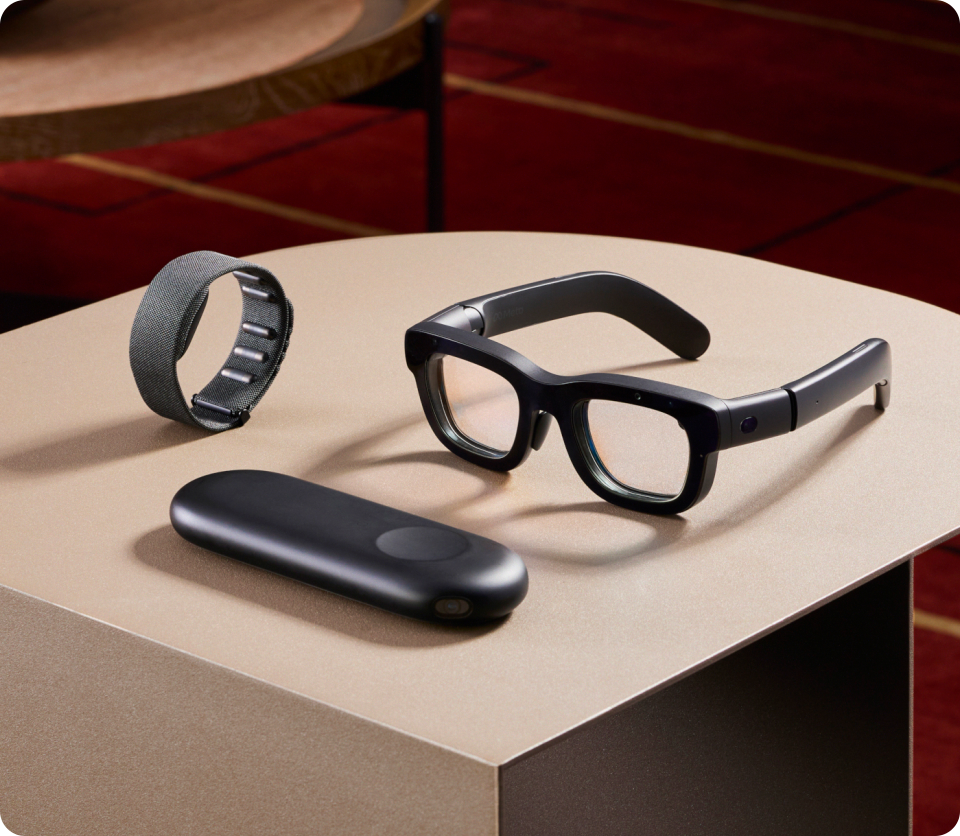Meta Connect 2024 was a spectacle of digital ambition, underscoring a vision that blurs the lines between physical and virtual worlds. At the centre of the event, the announcement of new Ray-Ban Meta glasses, Meta Quest 3, and a surprising foray into augmented reality (AR) with Orion glasses, signalled an accelerating push towards normalising immersive technologies. But perhaps the most profound shift on display was Meta’s integration of artificial intelligence (AI) into everyday experiences. These innovations prompt deeper questions about the trajectory of not just the company, but the role technology will play in shaping our shared reality.

The Subtle, Yet Significant, Ray-Ban Meta Glasses
The partnership between Meta and Ray-Ban yielded an update to the already futuristic smart glasses, now endowed with AI-driven voice commands and video capabilities. These glasses, poised to be “on-demand windows to the world”, encapsulate Meta’s ambition to bring social interactions into a seamless digital space. With just a tap, users can livestream their day-to-day, and, through a subtle integration of AI, request real-time updates or information directly from the glasses. But more interestingly, Meta is building a bridge between the natural human experience and a connected reality – an experience that feels less “techy” and more intuitive.
What makes these glasses compelling is not the hardware per se, but the promise of weaving digital consciousness into the fabric of everyday life. In a future where wearing augmented glasses could be as common as checking your smartphone, what does that mean for how we perceive our environment, let alone privacy? With Meta’s focus on continuous recording and AI analysis, we are forced to reconsider the implications of such technology on our most intimate social behaviours.

Meta Quest 3: Mixed Reality for the Masses
Equally as pivotal, Meta unveiled the Meta Quest 3, their most affordable mixed-reality headset to date. With a starting price of $499, it’s a device designed to bring mixed reality to a broader audience, signalling Meta’s intention to democratise access to immersive tech. Meta Quest 3 features twice the resolution of its predecessor, alongside a slew of improved graphics and advanced AR capabilities. These updates mark an impressive technical leap forward, but they also reveal an underlying intention: to entrench immersive tech as a cornerstone of social and entertainment experiences.
If Meta Quest 3 succeeds in capturing the attention of everyday consumers, will this be the moment where mixed reality moves beyond niche gaming communities and into the mainstream? That question lies not just in the technology itself, but in Meta’s broader cultural narrative. As AI becomes a more integral part of Quest’s capabilities, the synthesis of AI-driven experiences and mixed reality could reshape how we think of leisure, communication, and learning.

Orion AR Glasses: A Glimpse into Meta’s True Vision?
The most provocative revelation at Meta Connect 2024, however, was the unveiling of Orion, the company’s first true AR glasses. Unlike the Ray-Ban collaboration, Orion feels more akin to the technology often discussed in science fiction, where the lines between the physical and digital truly blur. Meta described Orion as capable of projecting digital content directly into the wearer’s field of view, allowing users to interact with virtual objects while still engaging with the real world. The technology feels momentous, yet its launch also raises the spectre of techno-utopianism.
Orion is designed not merely as a consumer product, but as a statement of intent—a bold assertion that Meta is committed to leading the way in AR. But it’s important to ask, can Meta succeed where Google Glass faltered? Beyond technical prowess, the true measure of success will be societal adoption. While such technology holds the potential to revolutionise industries from education to medicine, its broader acceptance may depend on whether Meta can navigate the fine line between convenience and intrusion.
Meta’s AI-Driven Ecosystem: A Double-Edged Sword?
Amidst the hardware, Meta’s more subdued but arguably more consequential announcements revolved around the integration of AI across their ecosystem. The inclusion of conversational AI assistants in Meta’s products signals a future where the line between human and machine intelligence grows increasingly thin. Meta’s vision for AI is one of constant augmentation, helping users complete tasks, answer questions, and even generate creative content in real time.
But AI’s increasing omnipresence raises critical concerns. How will the rise of intelligent, automated systems reshape human agency? Will we become passive observers in a world mediated by algorithms and digital avatars? And, as Meta continues to push forward, should we be more concerned about the unchecked power of a single entity in a digital landscape that already feels too vast to govern?
In the grand arc of technological evolution, Meta Connect 2024 signals a world where the convergence of AI and AR will lead to increasingly blurred realities. But as Meta charts a course into this new digital frontier, we, as a society, must ask harder questions about the human experience in a world increasingly mediated by screens, sensors, and AI.


